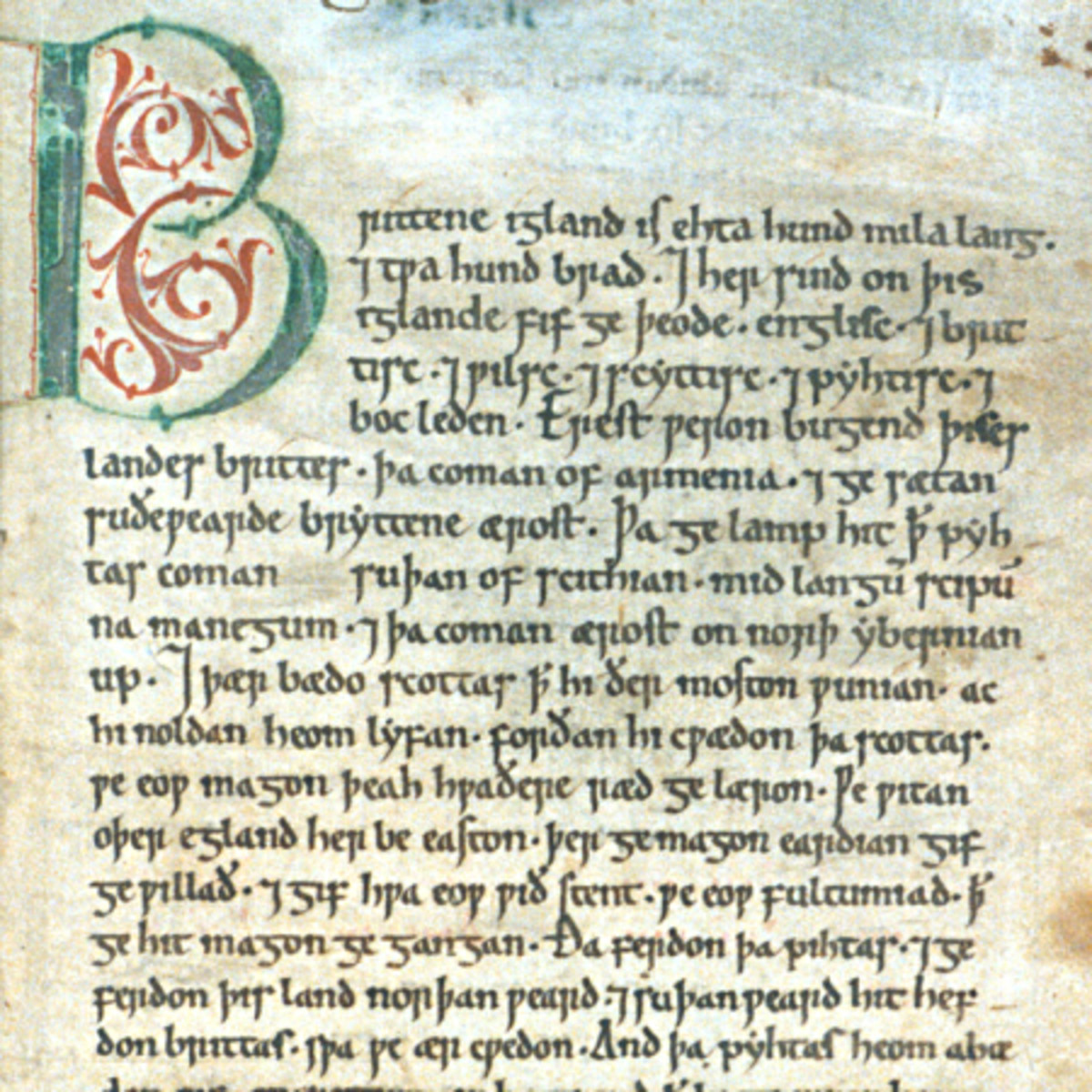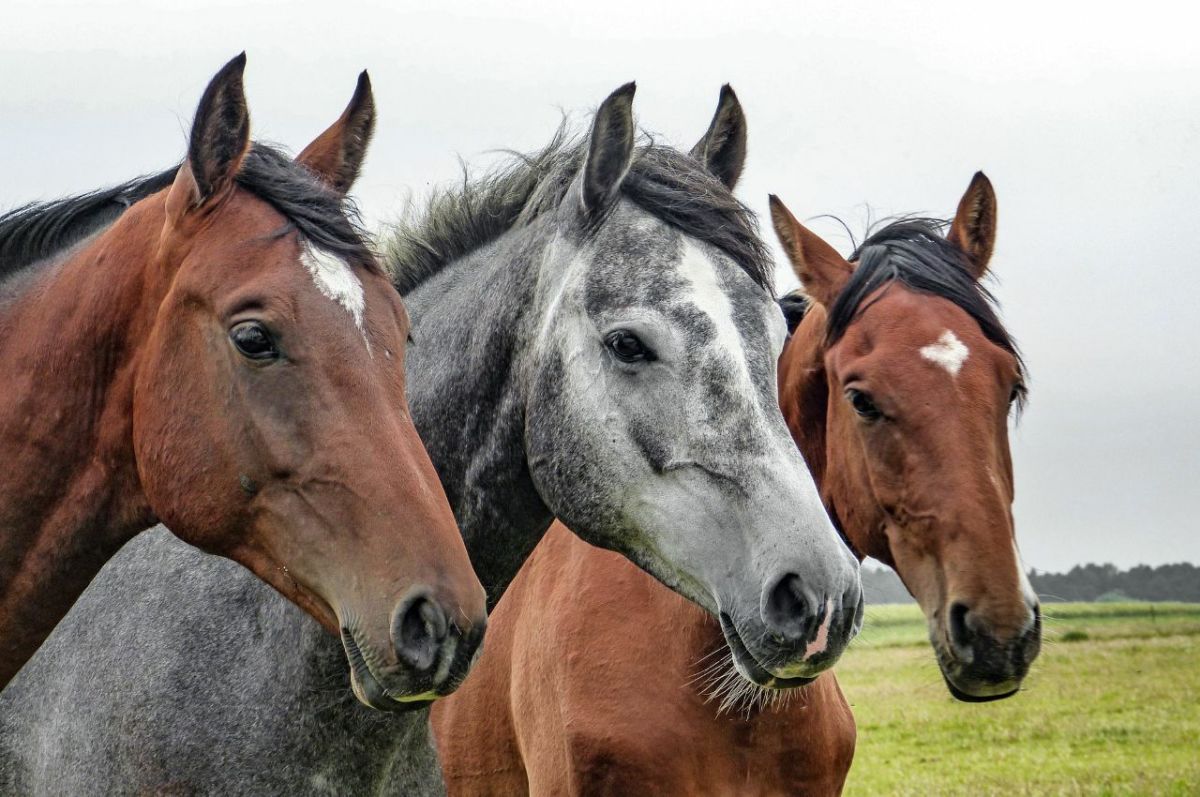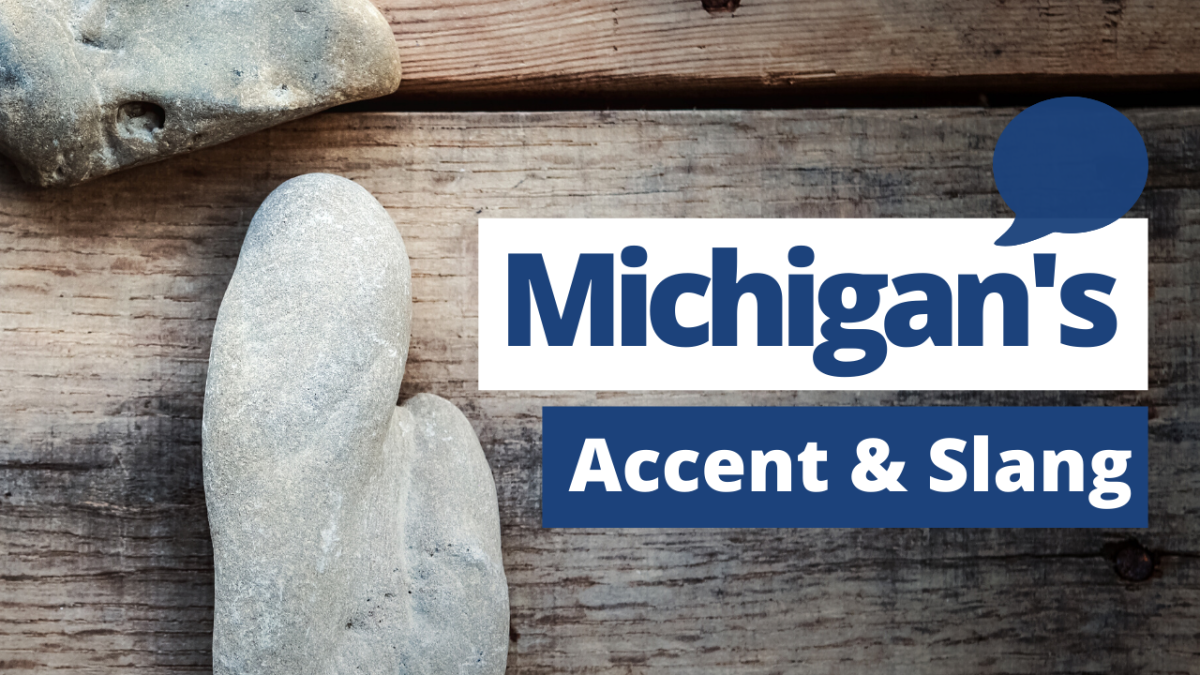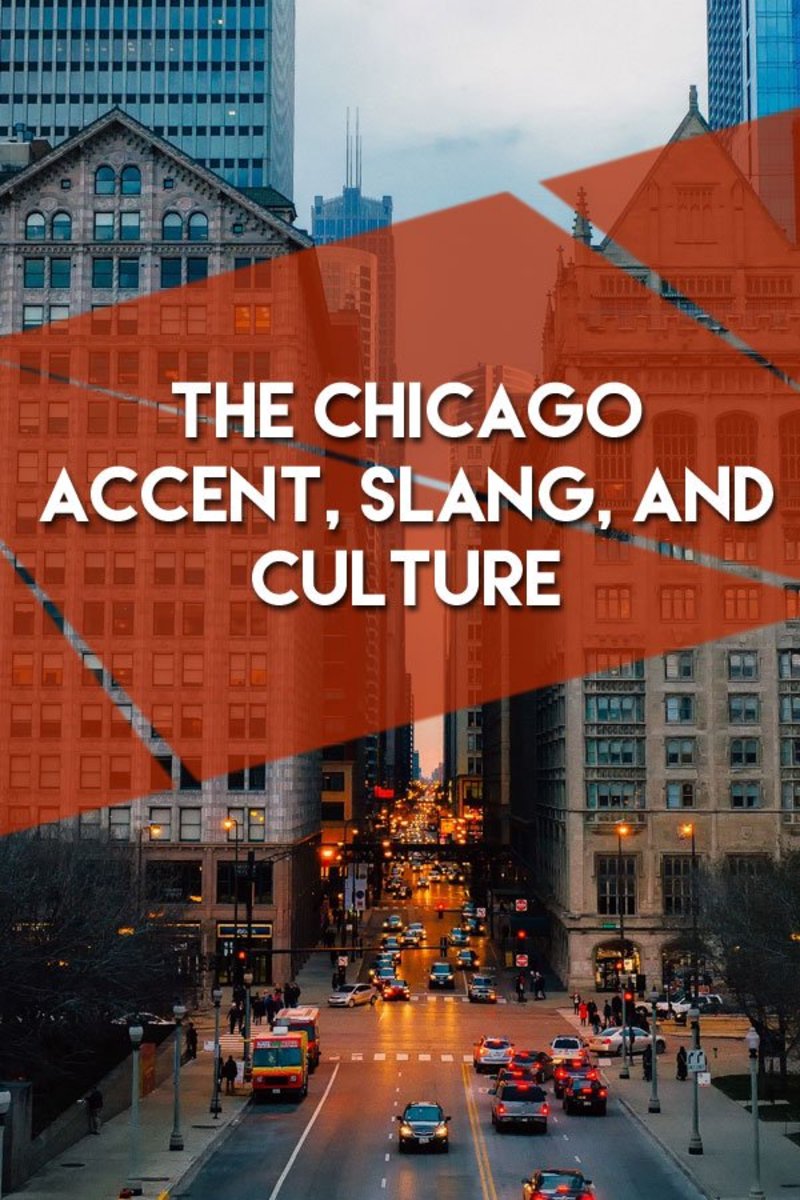Origin of Common Expressions


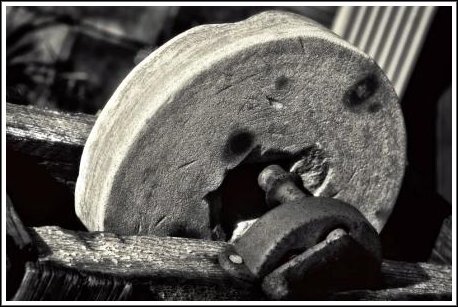
One should never jump to conclusions about where a certain phrase or expression originated unless they can back it up with evidence. There are numerous wrong assumptions made by many that could leave them “holding the bag,” a common phrase in the US. The general meaning to say someone was “left holding the bag,” usually refers to someone getting the blame for a bad situation. It can be traced back to the mid 1700s in Britain. The original version was to give somebody the bag to hold, keeping them distracted while the other slipped away, such as in the case of a foiled bank robbery.
Actually, there are so many such examples complete dictionaries have been made. Here are a few to “whet your appetite,” not to be confused with “wet your whistle, "derived from the practice of using a whistle in old English taverns to order more drinks. “Whet your appetite” dates back to when grain and corn were ground on whetstones. They needed to be lubricated with water or oil to prevent overheating. Whetstones were constructed with a device to allow liquid to drip on to the stone. Eventually, it most commonly became associated with one’s appetite.
More than a few had their roots in the milling trade around the old grinding mills, a central congregating point. To have “a millstone around one’s neck,” refers to the heaviest object anyone would likely ever encounter. To be put “through the mill” meant being exposed to undue hardship or harsh treatment, like grinding corn or “grist,” a quantity of corn to be ground, hence, “grist for the mill,” meaning everything can be made useful.


“Keeping your nose to the grindstone” also originated in the grist mills. Stones had to be set exactly right. Too big a gap and corn wouldn’t grind properly. Too small, grain overheated and burned. A miller literally had to keep his nose in close proximity to the stones to detect the slightest trace of smoke or burning. Another was “Run of the mill,” meaning ordinary or average. It’s believed this referred to the output of the grinding process, since the finished product was rarely, if ever, separated by quality.
Not surprisingly, Shakespeare was responsible for adding more phrases and sayings to the English language than anyone else. Here are two examples still commonly heard:
· In Henry IV, Part One, 1596, Falstaff says, “The better part of valour is discretion; in the which better part I have saved my life.”
· “As dead as a doornail” - Shakespeare used it in King Henry VI, Part 2, 1592: “Brave thee! ay, by the best blood that ever was broached, and beard thee too. Look on me well: I have eat no meat these five days; yet, come thou and thy five men, and if I do not leave you all as dead as a doornail, I pray God I may never eat grass more.”

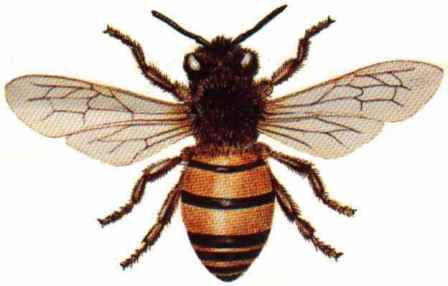
The English language is full of such sayings, that many don’t know where they came from.
· A red herring - Escaping criminals in centuries past would drag strong-smelling red herring across a trail to make pursuing blood-hounds lose the scent.
· God willing and the creek don’t rise. - The earliest known use was published in Graham’s American Monthly Magazine of June, 1851 and was a comedic spoof of a made up speech.
“Feller-citizens, I’m not ’customed to public speakin’ before sich highfalutin’ audiences. Yet here I stand before you a speckled hermit, wrapt in the risen-sun counterpane of my popilarity, an’ intendin’, providence permittin’, and the creek don’t rise, to “go it blind!”
Another reference to it appeared in the November 3rd 1894 edition of the The Lafayette Gazette in Louisiana. “We are an American people, born under the flag of independence and if the Lord is willing and the creeks don’t rise, the American people who made this country will come pretty near controlling it.” It was also a line of the 1930s US radio broadcaster, Bradley Kincaid, used it to close his broadcasts.
· At the drop of a hat - Alludes to the American frontier practice of dropping a hat as a signal for a fight to begin.
· -No room to swing a cat - The original phrase was probably “not room to swing a cat -o’- nine-tails,” and dates from a time when floggings were a common punishment aboard ship. However, in more modern times it has become a reference to a crowded area or, for example, “You can’t swing a cat without hitting a Starbucks.”
· Bee’s Knees - sometimes thought as an Italian-American way of saying B’s and E’s, an abbreviation for be-alls and end-alls, but this is obviously incorrect. It’s actually one of many catch phrases from 1920s America, the era of the flappers, speakeasies, feather boas and the Charleston. It was a relatively short-lived time for such slang and only a very few such expressions have survived.
· Tin Pan Alley - An article in a 1903 edition of The World identified it as an area of 28th Street in New York between Broadway and 6th Avenue, home of more notable American music publishers. Later, it became a term synonymous for all US music publishing.
· OK– without a doubt the most recognized word ever, even by people who don’t speak any English. There have been many attempts to explain where it came from but its past is elusive. Many suggest it was introduced from other languages, such as the Choctaw-Chickasaw word “okah,” meaning “it is indeed.” There are many other languages having words sounding similar and basically mean the same.
· These are but a few examples. If this article has “whet your appetite” for more, here are two sites having a good dictionary. http://www.phrases.org.uk/meanings/index.htmlandhttp://www.worldwidewords.org/index.htm

